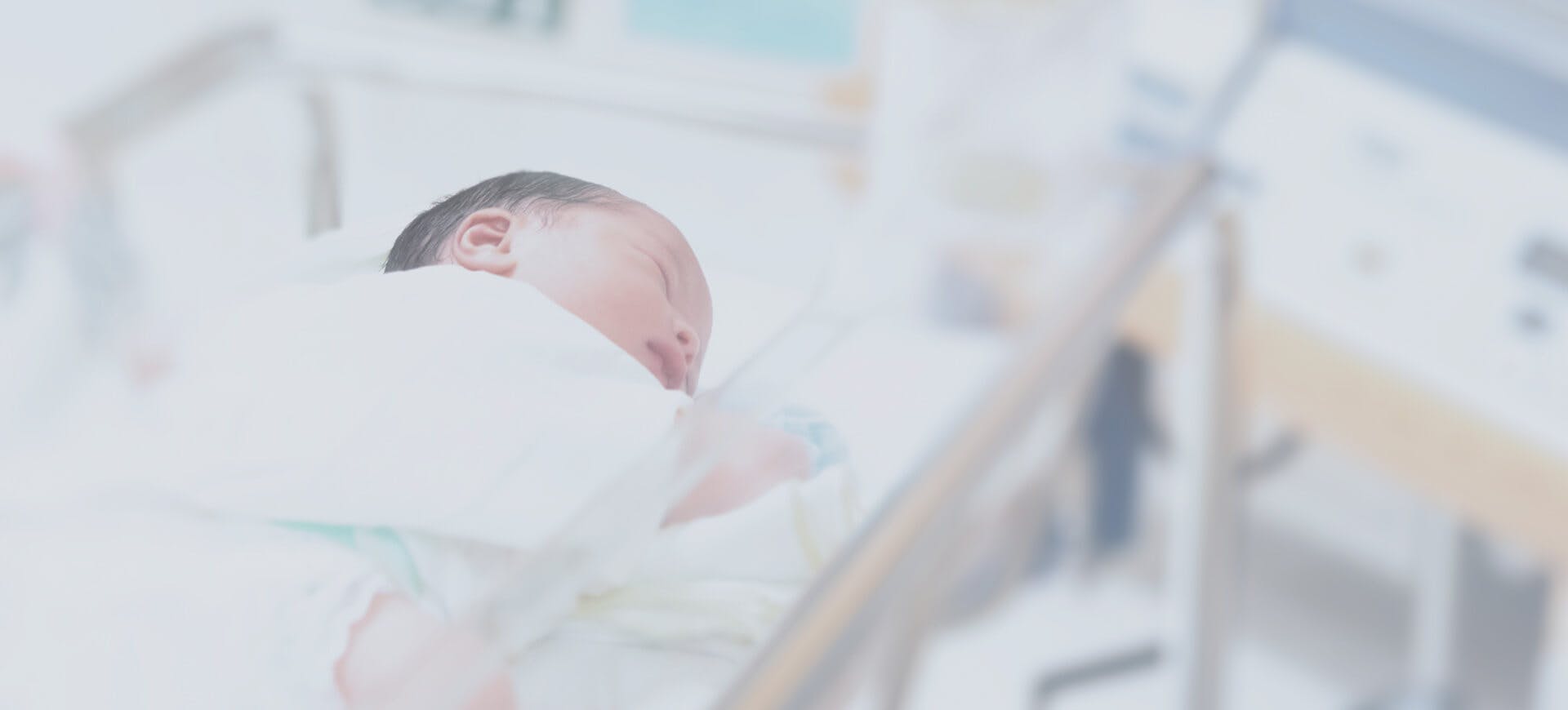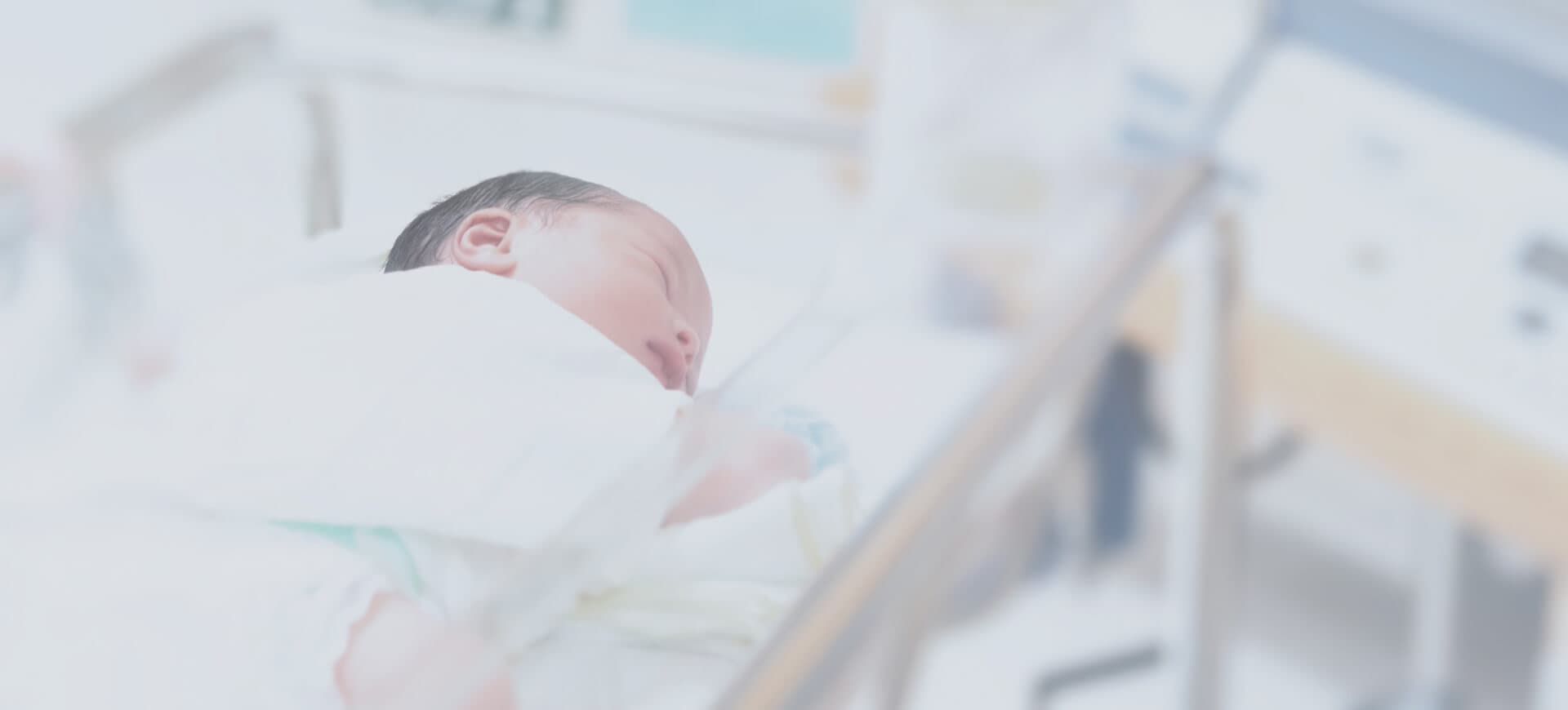
Q&A with Miracle Babies Foundation Founder Melinda Cruz
Every year in Australia, approximately 27,000 babies are born premature (less than 37 weeks), a figure that is increasing.
How do you know if you are going to have a premature baby? What is the journey for families? And how can you be a supportive partner, friend, mother, brother…? Founder of Miracle Babies Foundation and a mother of two premmies herself, Melinda Cruz shares her insights.
1. Are there indicators that a woman will have a premmie?
Having a preterm baby does not discriminate but common reasons can be associated with different factors including medical, social or behavioural. Prior medical conditions, multiples or complications during pregnancy like cervical incompetence, preeclampsia, diabetes, infections or placenta problems can lead to an early birth, as can a previous preterm birth. In addition, a mothers age, social situation and behavioural choices can also lead to having a premature baby.
2. Some babies can spend 100 days or more in NICU (Neonatal Intensive Care Unit). How does this experience impact on the family of a premmie?
Having a pregnancy not go to plan can be devastating for a family. When a baby has to spend an extreme length of time in hospital it can be extremely overwhelming and finding a new normal can take time. Families can experience high levels of stress, anxiety, depression, financial and marital strain and be overwhelmed with juggling family commitments such as other children and returning to work.
3. How long will a premmie baby remain in hospital and what is happening during this period?
On average and with everything going well, most parents are told they can expect their premature baby to remain in hospital until their expected due date. So, for example, a baby born 10 weeks early would be expected to be in hospital for 10 weeks. Even though it is at a slightly slower pace, during this time a baby is continuing to develop just like it would in its mother’s womb. Babies do not learn to suck until around 34 weeks which is why feeding is important to support and is one of the last things a baby needs to be doing well before being discharged home.
4. Preterm babies are very small and sensitive. What things assist in their care and comfort?
Premmie babies thrive on their parents love and things that can assist with family bonding include skin to skin kangaroo care and babies given mothers own milk. In addition to this, using gentle soaps, soft fabrics and appropriately sized nappies can help support your little one.
5. What are the major milestones that are celebrated?
In the NICU, every small step needs to be celebrated and that could include baby’s first cuddle, first time in an outfit, first time in an open cot or when tubes come out etc. It is important for families to celebrate these moments to acknowledge that they are progressing through their journey.
6. What does the ‘going home’ milestone represent for families?
Going home represents the new journey of really feeling like a family. Although it can be scary to leave the safety of the hospital and the staff being with you at all times, it is a beautiful time. It is important for new parents to take care of themselves and feel comfortable to ask for help.
7. How can family and friends offer support to the parents of a premmie?
When I had my second son at 27 weeks, I remember noticing that family and friends seemed unsure about how to react, what to say or what we needed. It is such a sensitive time and while every situation is different, we do encourage extended family and friends to be there to support the new family. Family and friends often do not know exactly what to say or do, so we’ve listed some dos and don’ts on our website https://www.miraclebabies.org.au/families/in-hospital/extended-family-friends/
8. How does Miracle Babies Foundation support these parents and their newborns?
Since 2005, Miracle Babies Foundation has been passionate in developing and providing vital programs and resources to support and enhance a family’s experience from a threatened pregnancy, hospital journey with a premature or sick newborn, the transition to home and beyond. There are many ways a family can access our services including a 24-hour family helpline, in hospital parent support, discharge programs, resources and online communities.
9. How do the funds from partners – such as BabyLove – assist Premmie parents and their babies?
Without funding many of these families will go without this life changing support, education and empowerment available through our NurtureProgram. BabyLove has been able to support hundreds of families to gain access to our NurtureProgram which may otherwise not have received.
Miracle Babies Foundation is Australia’s leading organisation supporting premature and sick newborns, their families and the hospitals that care for them.
Visit www.miraclebabies.org.au for more information.

BabyLove is proud to be in partnership with the Mircale Babies Foundation
Read MorePublished 04 Sep 23
Subscribe to our newsletter
Sign up for exclusive offers, first access to promotions and be in the know on all things nappies, parenthood, babies and beyond.
More Information
Help and Advice
In the spirit of reconciliation Unicharm Australasia acknowledges the Traditional Custodians of country throughout Australia and their connections to land, sea and community. We pay our respect to their Elders past and present and extend that respect to all Aboriginal and Torres Strait Islander peoples today.



